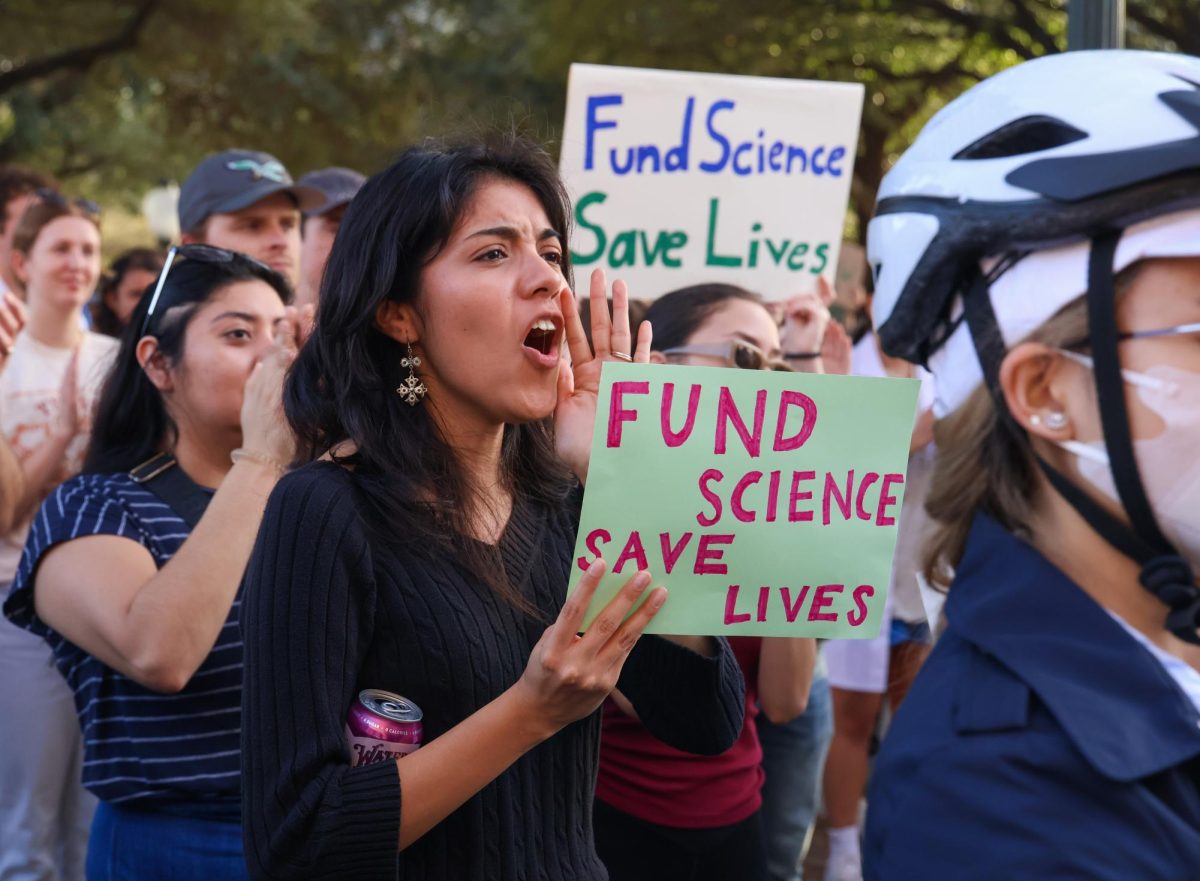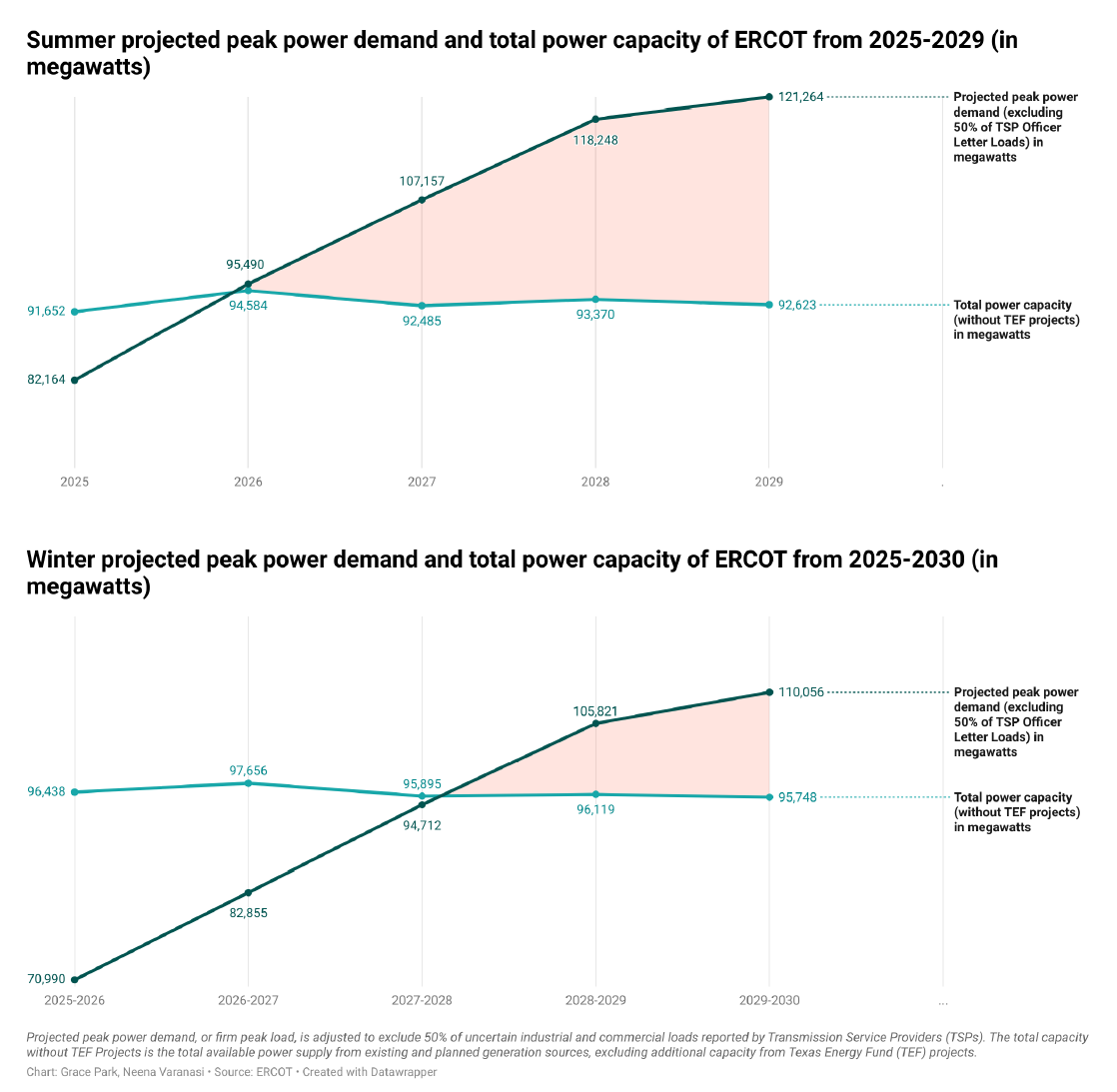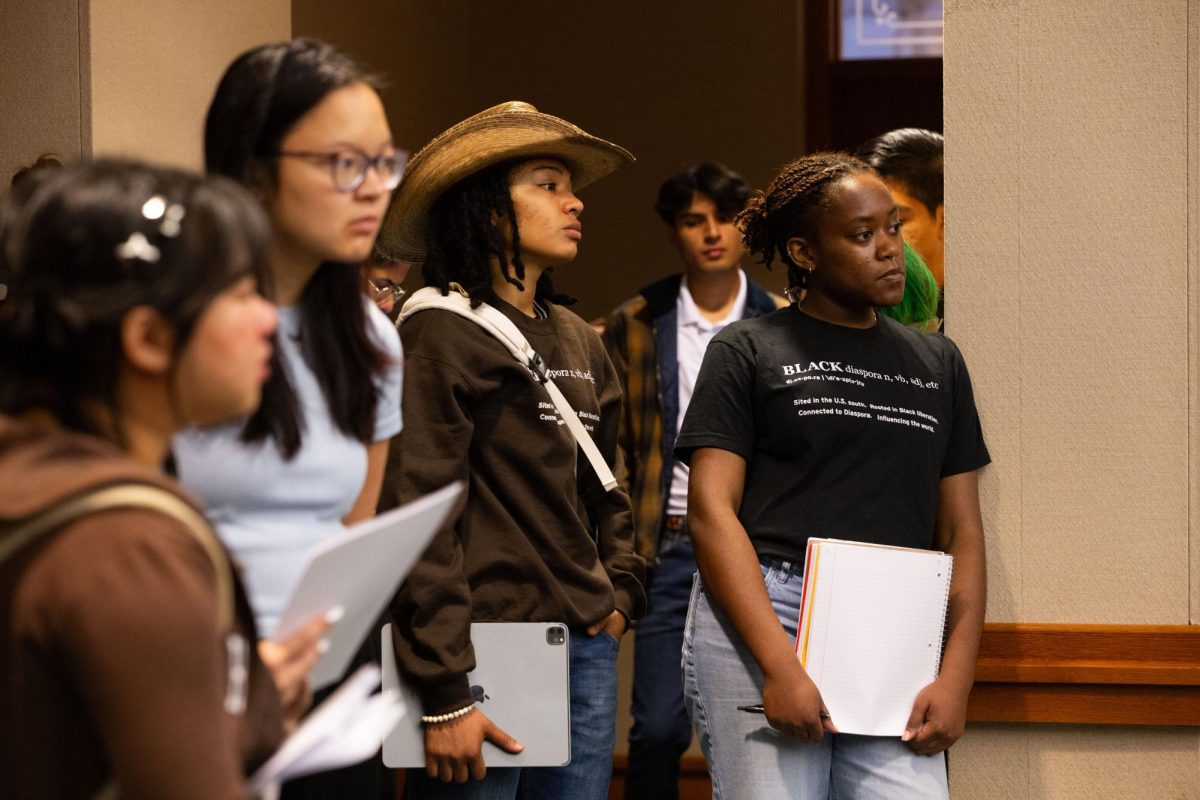The end of the 82nd legislative session is drawing near, leaving lawmakers scrambling to hear, vote and amend a bevy of bills.
The regular session ends on May 30, and after that, the governor has until June 19 to sign or veto bills passed during the regular session. As of Aug. 29, bills passed that have no specific effective date will become law 90 days after their passage.
Aside from the May 30 deadline that looms over lawmakers heads, the only other chance they will have to get more time will be if the governor calls them back to address unfinished business. At most, a special session can last 30 days and only tackle issues the governor declares.
Lawmakers went into special session in 2009. According to the Legislative Reference Library, it is considered “remarkably common” to call a special session — occurring in seven out of 10 regular sessions.
This session, the 2012-13 biennium budget has been one of the toughest challenges for lawmakers who inherited a $15-$27 billion state shortfall and faced the task of balancing it.
Public affairs and sociology professor Jacqueline Angel said the budget has been the “gorilla” of this session and will directly affect students.
“Many UT students will be interested in [the budget bill],” Angel said. “It will determine the state budget and allocation for higher education, including potential cuts in financial aid.”
On Wednesday, senators voted to pass a budget which would allocate $12 million more for UT and $106 million additional funding for financial aid programs. Proposed cuts to UT have ranged between $51-$63 million. UT CFO Kevin Hegarty said University administration has prepared for $50 million cuts so far.
“Regarding the budget, we still do not have a good idea where the University might end up on funding,” Hegarty said. “Clearly, the Senate bill is more favorable to education, but it requires that the Legislature find the monies to fund it, and we do not have a sense of where those monies might come.”
Earlier proposals included using a portion of the Rainy Day Fund, a $9.4 billion emergency fund lawmakers can use during financial crises, but senators have now voted to use other revenue sources.
The budget will now be sent back to the House for a final vote before it gets to the governor’s desk. If lawmakers cannot pass a budget by the end of regular session, the governor will call them back for a special session.
Invest in Texas co-director Yaman Desai said the student lobbying group will be “incredibly involved” in the event of a special session.
Desai said the group plans to lobby legislators to prioritize higher education.
“We understand that the University will see budget cuts, but we would like to see those cuts minimized and the Rainy Day Fund used,” he said.
The group plans on meeting with legislators and hosting phone banks during the summer break while partnering with other large universities advocating for similar platform goals.
“Though there won’t be as many students on campus, we think it is extremely important to keep our efforts going and make sure student concerns aren’t forgotten,” Desai said.




















